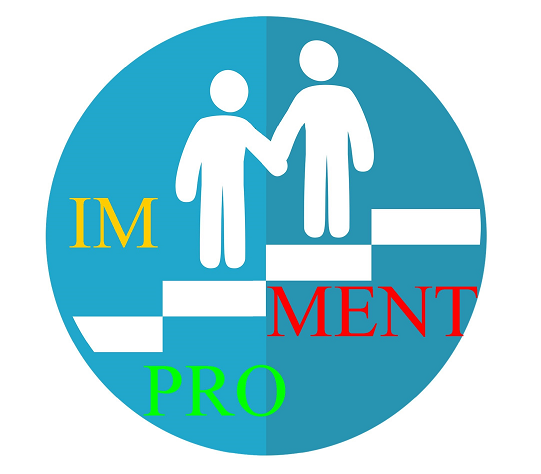THE CONCEPT

-
Small scale partnership project
-
VET education sector
-
Duration: 13 months (01/03/2023 – 01/04/2024)
-
Funded by the Erasmus+ programme by the European Union

The school achievements of marginalised and low skilled students (i.e. Roma origin) are still a huge problem in Bulgaria. The onset of the pandemic and the shift to distance and digital learning that followed has placed unique pressure on these students and also badly impacted their families. Roma students and their parents have often been left to fend for themselves as they lok for support services alongside in-person learning — even though Roma students are entitled to receive support services according to the legislative framework in school education — the parents feel uncomfortable that their children face a heightened risk of learning loss during periods of remote instruction, which can lead to potential school drop-out.

Therefore, the parents are worried, that they cannot find a stopgap solution and in that case this could make their children with special educational needs gravely vulnerable. As we know, peers can be a powerful motivator for other students. Advanced students’ behavior is related to their proven success as supportive students. Less-experienced and students with low-academic achievements frequently observe difficulties, especially in distance learning participation, comprehension with the training content, preparation of homework due to lack of online and physical support of teachers as well as problems with engaging in class discussions, making presentations (PPTs) and writing in an academic style.
The idea is that though peer learning mentoring support, these students from marginalised groups would become more independent, self-directed learners, freeing the peer supporter (their advanced peer) to focus on course content and facilitation rather than continue with routine tasks, which may lead to their potential school drop-out.

Our solution is to set up of peer learning mentoring schemes between advanced students and low-skilled Roma students to prevent potential school drop-out via digital tools, which will lead to peer support. This will improve the digital competences, which are lower than any their student group (Media literacy coalition’s report 2022). In our model their duties will include:
- Facilitating discussions about preparatory steps for particular educational subject
- Provision of on-going support during distance training by using ICT tools, which may facilitate peer support and the improvement of digital and presentational skills.
- Answering questions and support with homework and to further build common school projects.
